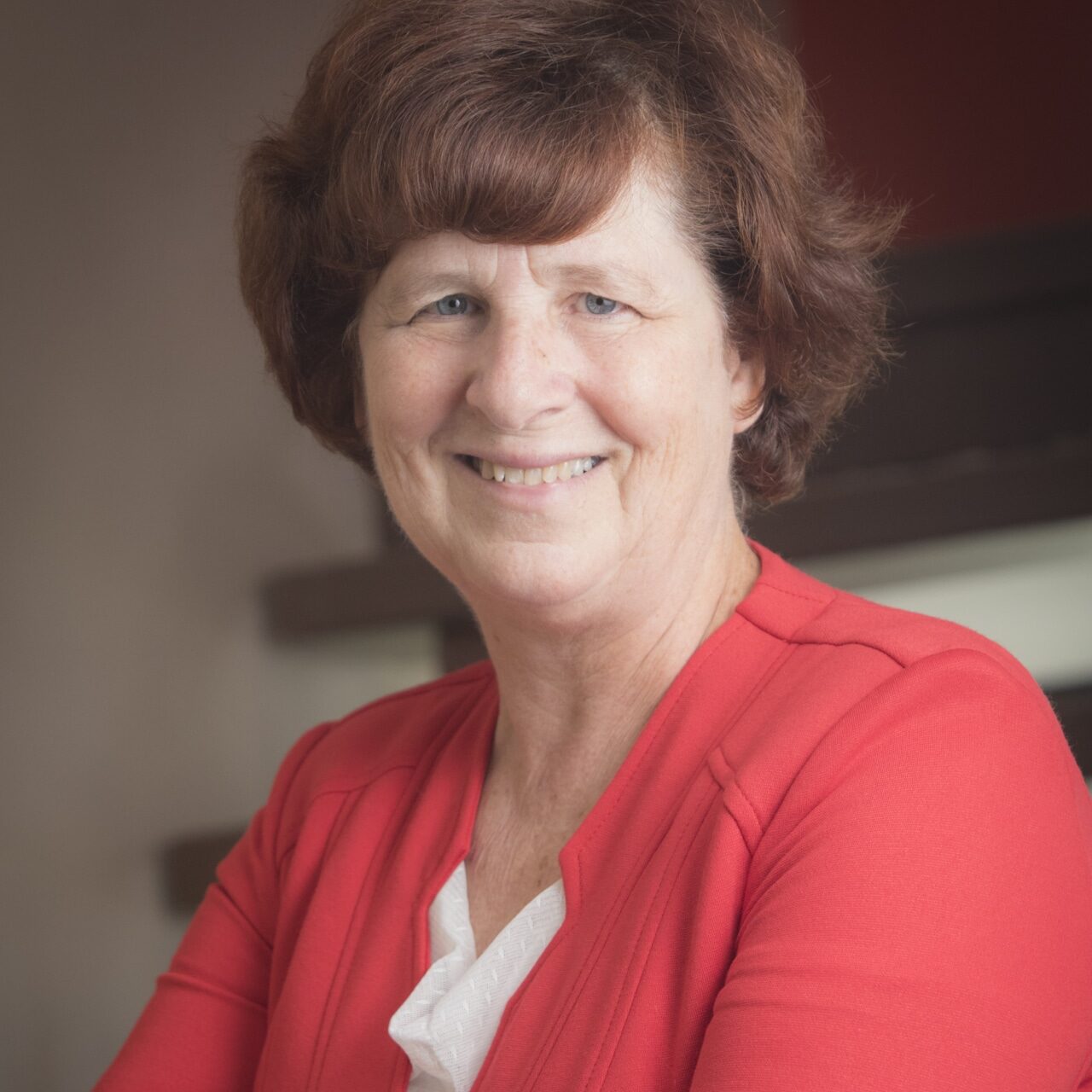These days, financial literacy is a hot-button topic and a skill now deemed as essential as reading and writing.
The Government of Canada has declared November as Financial Literacy Month and recently adopted a national strategy in this area (2021-2026).
What is financial literacy?
Financial literacy is having the knowledge, skills and confidence to make responsible financial decisions.*

Knowledge – The ability to understand aspects about personal finances and broader financial matters

Skills – The ability to apply that financial knowledge in everyday life

Confidence – The self-assurance to make important decisions

Responsible financial decisions – The ability of individuals to make the best choices for their circumstances
*Source: Financial Consumer Agency of Canada
According to a survey conducted by Leger for the Centraide Financial Anxiety Index, 65% of respondents with household incomes under $40,000 reported low financial literacy, compared to 51% for all respondents.
Yet financial decisions are particularly important for people on a low income to prevent a crisis that could be especially hard to recover from. Someone who is well informed is less likely to make adverse financial decisions, such as taking on credit card debt, which can be tempting when money is tight, when you can barely cover your essential needs, and when you have nothing left in your budget for leisure or the unexpected.
Debt has become a survival strategy for many people
who don’t make enough to live on.

The ACEF to the rescue
For more than 50 years, the Associations coopératives d’économie familiale (ACEF) have been educating, informing and advising individuals and families about financial management. They provide this service free of charge and in a non-judgmental way. Available in all regions of Quebec, the ACEF are the only organizations to offer these services.
Centraide of Greater Montreal supports six ACEF in its territory:
While the ACEF help people who are going through a hard time, they also work with the general population to improve knowledge about budgeting, spending habits, debt, credit, and more.

At the ACEF, we help people regain control of their lives by helping them reorganize their budgets and plan their finances. Our main entry point is by phone. We get over 3,000 calls a year from people who very quickly confide in us and say, ‘I’m really struggling, how can you help me?’ We invite them to attend a debt solution session. They may end up having to redo their budgets or sell assets. The last resort is bankruptcy, but it very rarely comes to that.”
Marie-Édith Trudel, Coordinator, ACEF de la Rive-Sud

It can be hard to stick to a meagre budget in a time of inflation when expenses for basic needs such as housing, food, clothing and transportation are constantly spiking. Managing finances in this situation can be extremely stressful.
According to the same Leger survey, people with a family income under $40,000 are the most anxious about their finances. In fact, 90% of these individuals experience varying degrees of financial anxiety, with 17% experiencing severe and extreme levels of anxiety.

Managing a budget in a period of inflation requires more planning. People have to prioritize essential expenses, such as housing, groceries, and transportation. You need to keep track of your expenses to get actual information about your spending. Plan your budget every month by forecasting your income and expenses and then recording your actual expenses. You can get help from an ACEF to do this!”
Micheline Côté, Director, ACEF de Laval
Even with an assessment and budget tracking, many people and families still struggle to get by. In these cases, the ACEF will refer them to housing and food security agencies to find ways to reduce expenses, i.e., through support to find social housing, food donations, collective gardens, group purchases, community grocery stores, or collective kitchens.
- To learn more about the ACEF, read our blog post: Five Questions for an ACEF Director: Micheline Côté.









